Navigating The Globe: The Educational Value Of World Map Quizzes
Navigating the Globe: The Educational Value of World Map Quizzes
Related Articles: Navigating the Globe: The Educational Value of World Map Quizzes
Introduction
With enthusiasm, let’s navigate through the intriguing topic related to Navigating the Globe: The Educational Value of World Map Quizzes. Let’s weave interesting information and offer fresh perspectives to the readers.
Table of Content
Navigating the Globe: The Educational Value of World Map Quizzes
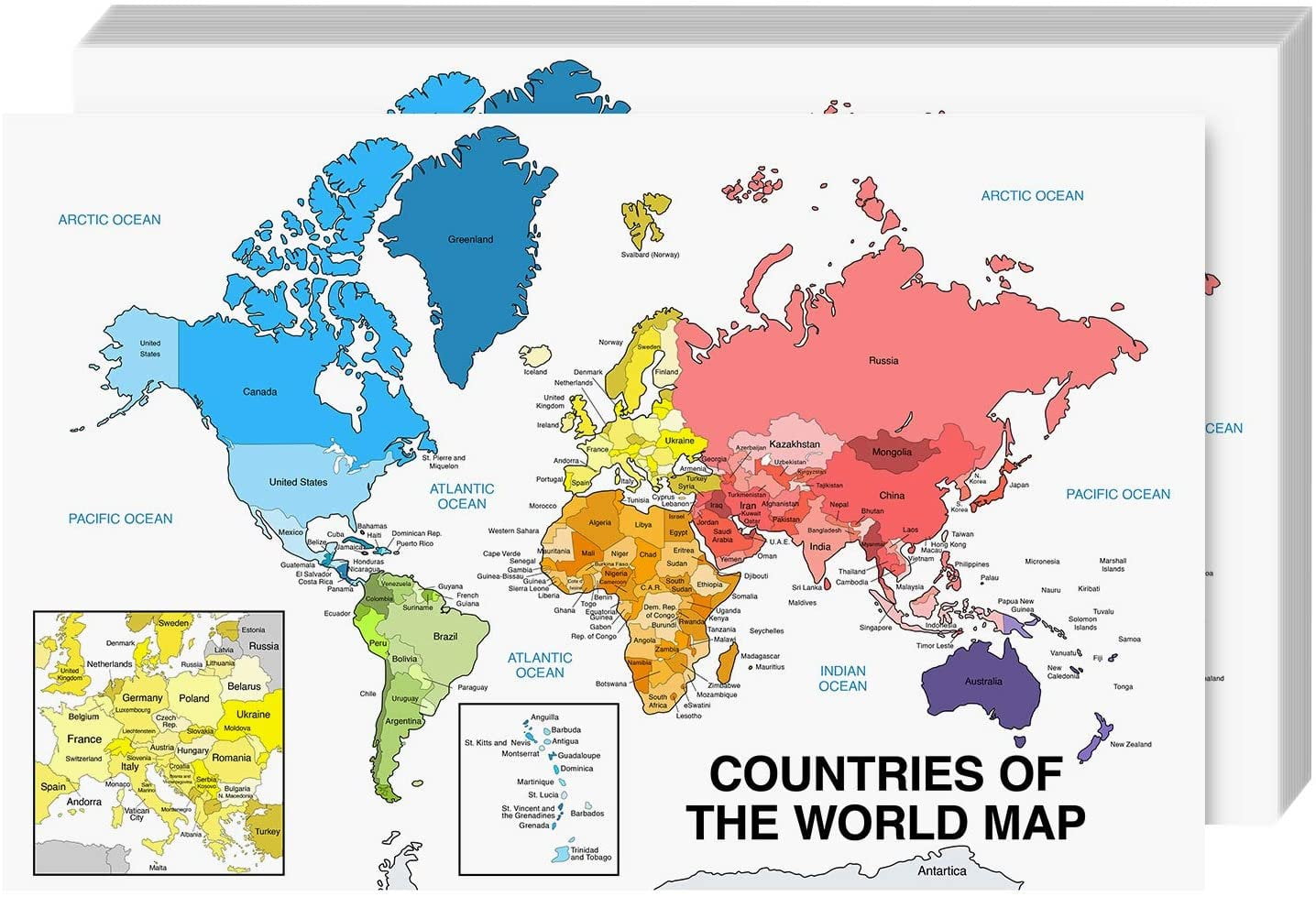
The world map, with its intricate tapestry of countries and continents, holds a powerful allure. It is a visual representation of our shared planet, a testament to the diversity of cultures, landscapes, and histories that make up our world. Understanding the geography of our planet is not merely an academic pursuit; it fosters a sense of global awareness, cultivates critical thinking skills, and enhances our understanding of interconnectedness.
In this digital age, interactive platforms like JetPunk have emerged as engaging tools for exploring the world map. Their "World Map with Missing Countries" quiz, in particular, offers a unique and challenging way to test and improve geographical knowledge. This quiz presents a blank world map, and users are tasked with identifying and placing the missing countries in their correct locations. This seemingly simple exercise unlocks a wealth of educational benefits:
1. Reinforcing Geographical Knowledge:
The quiz acts as a powerful tool for reinforcing existing geographical knowledge. By visually identifying and placing countries, users solidify their understanding of their relative locations, sizes, and shapes. This process engages both visual and spatial reasoning skills, fostering a deeper comprehension of global geography.
2. Fostering a Sense of Exploration and Discovery:
The quiz encourages a sense of exploration and discovery. As users navigate the blank map, they are prompted to recall and apply their knowledge of different regions, continents, and country names. This active engagement in the learning process fosters curiosity and a desire to delve deeper into the intricacies of the world map.
3. Developing Critical Thinking and Problem-Solving Skills:
The quiz challenges users to think critically and strategically. They must analyze the map, consider the relative positions of known countries, and apply deductive reasoning to identify the missing locations. This process hones their problem-solving skills and encourages them to approach challenges with a systematic and analytical mindset.
4. Enhancing Memory and Recall:
The quiz serves as an effective memory aid. The act of recalling and placing countries on the map strengthens the neural connections associated with geographical information. This repeated engagement with the material improves memory retention and recall, making geographical knowledge more accessible and readily available.
5. Promoting Global Awareness and Interconnectedness:
By engaging with the quiz, users gain a deeper appreciation for the vastness and diversity of the world. They begin to recognize the interconnectedness of countries, continents, and cultures, fostering a sense of global citizenship and understanding. This awareness can inspire a greater appreciation for different perspectives, fostering empathy and respect for diverse cultures and societies.
Beyond the Quiz: Exploring the World Map in Depth
The "World Map with Missing Countries" quiz serves as a springboard for further exploration. Once users have successfully navigated the quiz, they can delve deeper into the intricacies of the world map through various resources:
- Atlases and Maps: Traditional atlases and maps offer detailed information about countries, including their borders, capital cities, major cities, and geographical features.
- Online Resources: Websites like Google Maps, National Geographic, and Wikipedia provide interactive maps, detailed country profiles, and historical information.
- Travelogues and Documentaries: Travelogues and documentaries offer immersive experiences, showcasing the diverse cultures, landscapes, and histories of different countries.
- Literature and Film: Books and films often explore the complexities of different cultures and societies, providing valuable insights into the world’s diverse tapestry.
By engaging with these resources, individuals can expand their knowledge of the world map, developing a more nuanced understanding of the interconnectedness and complexities of our planet.
Frequently Asked Questions about World Map Quizzes
1. What are the benefits of taking world map quizzes?
World map quizzes offer numerous benefits, including reinforcing geographical knowledge, fostering a sense of exploration, developing critical thinking skills, enhancing memory and recall, and promoting global awareness.
2. How can I improve my performance on world map quizzes?
To improve performance on world map quizzes, focus on studying the locations of countries and continents, engage in active learning techniques like flashcards and mapping exercises, and utilize online resources like interactive maps and quizzes.
3. Are world map quizzes suitable for all ages?
Yes, world map quizzes are suitable for all ages, with different levels of difficulty available. Younger children can benefit from simplified quizzes focused on basic geographical concepts, while older individuals can challenge themselves with more complex quizzes.
4. What are some resources available for learning about world geography?
Numerous resources are available for learning about world geography, including atlases, maps, online resources like Google Maps and Wikipedia, travelogues, documentaries, literature, and films.
5. How can world map quizzes be incorporated into educational settings?
World map quizzes can be incorporated into educational settings as engaging learning activities, supplementing traditional classroom instruction. They can be used as formative assessments to gauge student understanding, as interactive games to foster collaboration and teamwork, and as tools for promoting global awareness and cultural understanding.
Tips for Success on World Map Quizzes
- Study the Basics: Familiarize yourself with the continents, major oceans, and the general locations of countries within each region.
- Utilize Visual Aids: Use maps, atlases, and online resources to visualize the locations of countries and their relative positions.
- Engage in Active Learning: Create flashcards, draw maps, and participate in interactive quizzes to reinforce learning.
- Focus on Key Features: Pay attention to prominent geographical features like mountain ranges, rivers, and deserts, as they can provide clues to the locations of countries.
- Practice Regularly: Consistent practice is key to improving performance on world map quizzes. Set aside time to review and refresh your knowledge.
Conclusion: Embracing the World Map as a Tool for Learning and Exploration
The "World Map with Missing Countries" quiz, offered by JetPunk and similar platforms, provides a valuable tool for engaging in the world map. This interactive exercise fosters geographical understanding, develops critical thinking skills, and promotes a sense of global awareness. By engaging with this quiz and exploring the world map through various resources, individuals can deepen their knowledge of our planet, fostering a greater appreciation for its diverse cultures, landscapes, and histories. The world map is not merely a static representation; it is a dynamic tool for learning, exploration, and understanding our interconnected world.

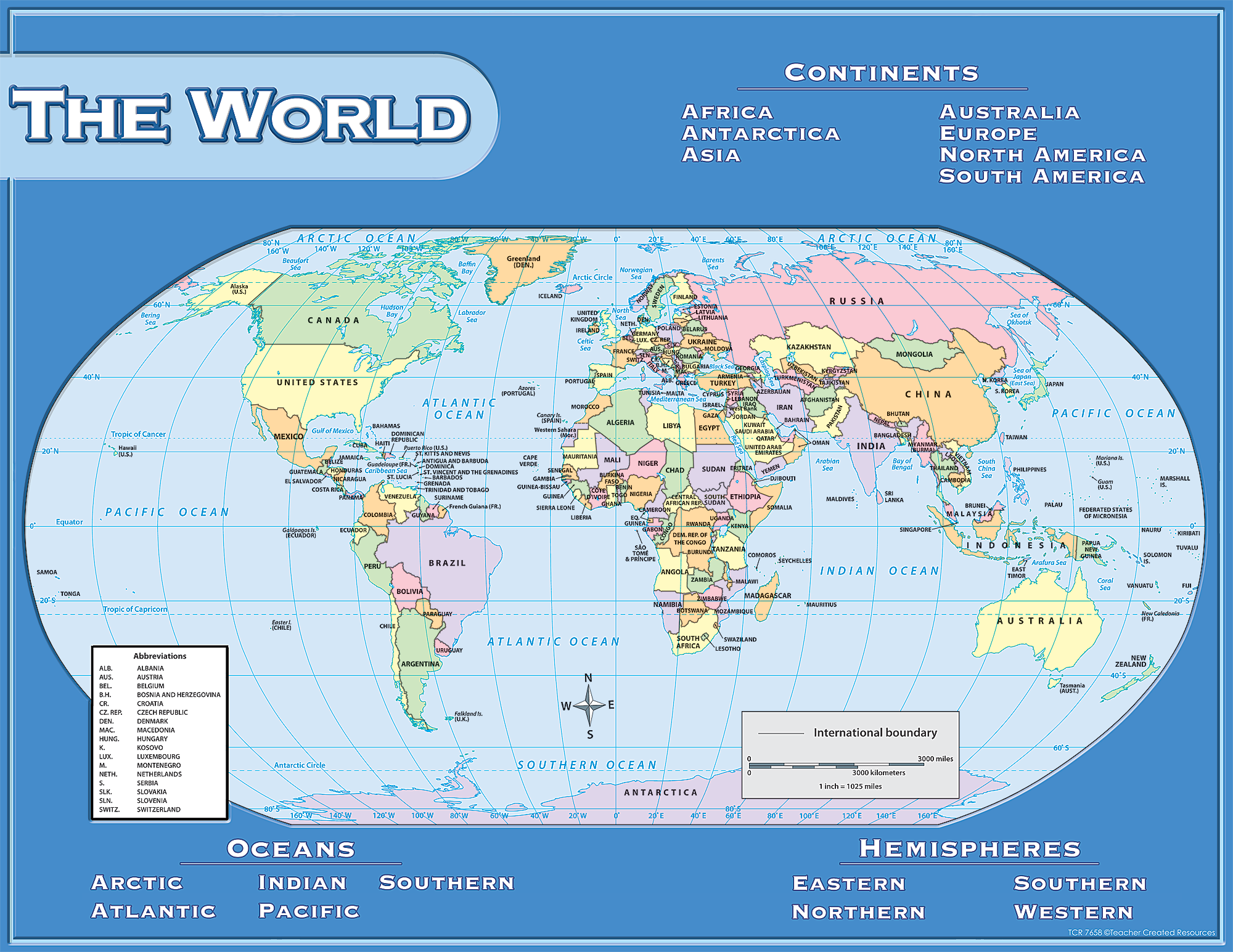
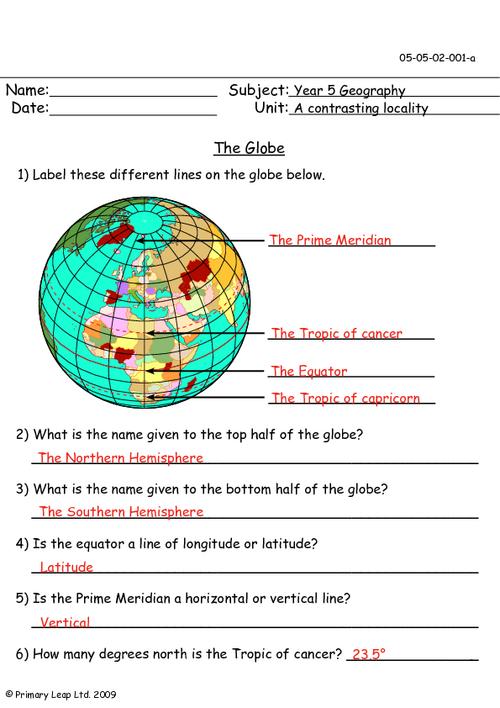
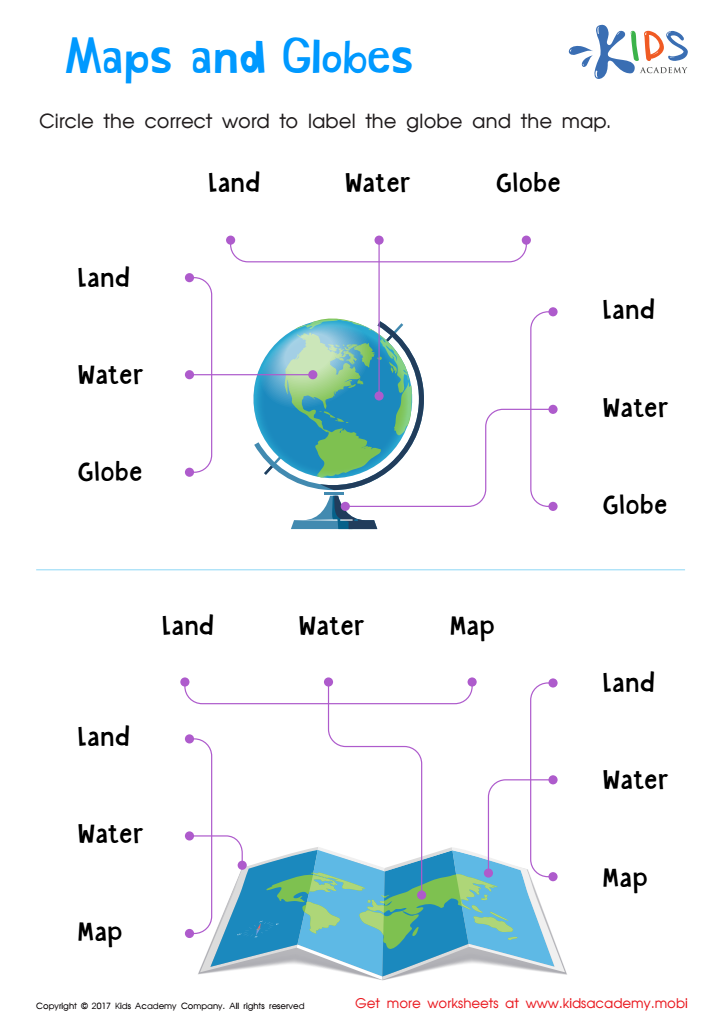

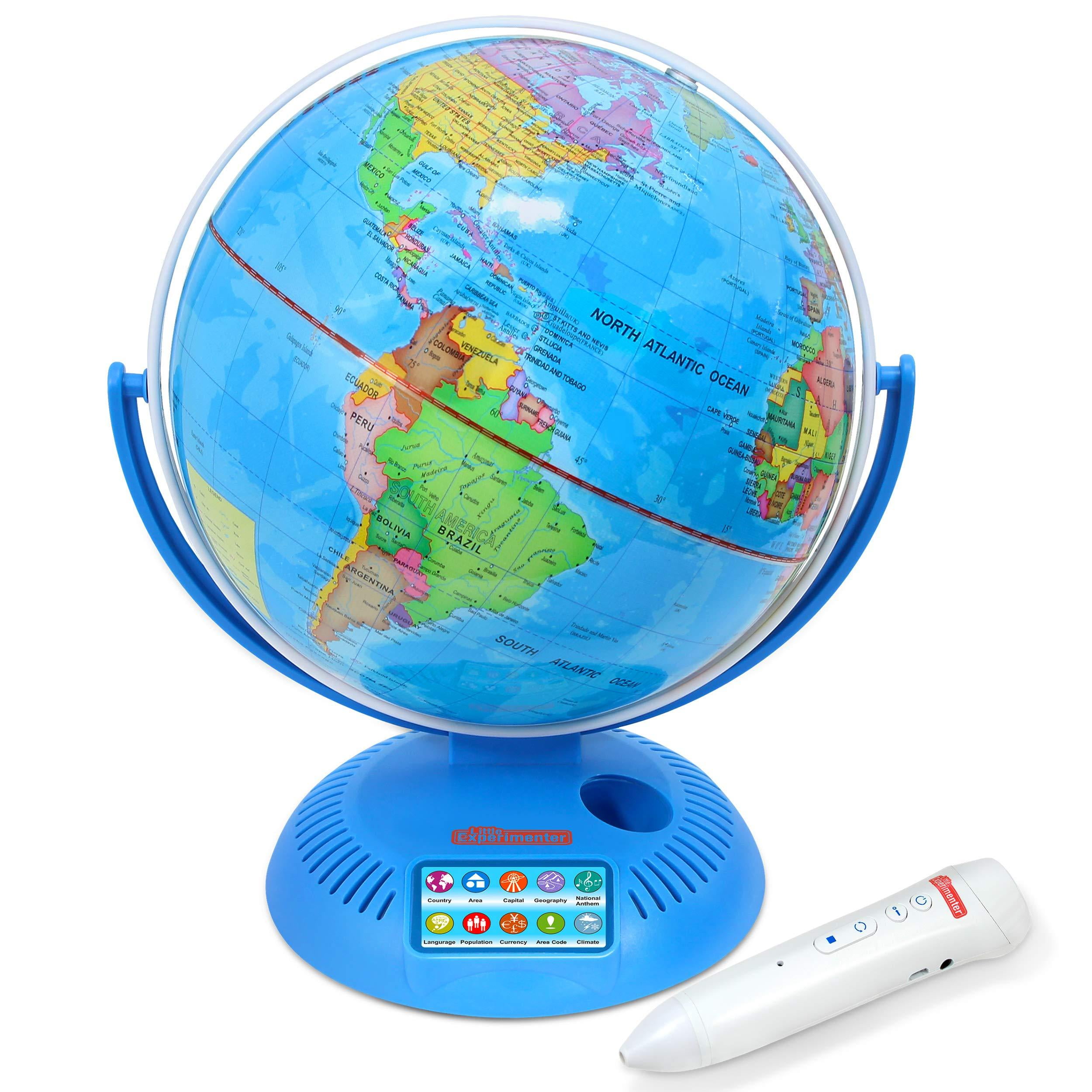
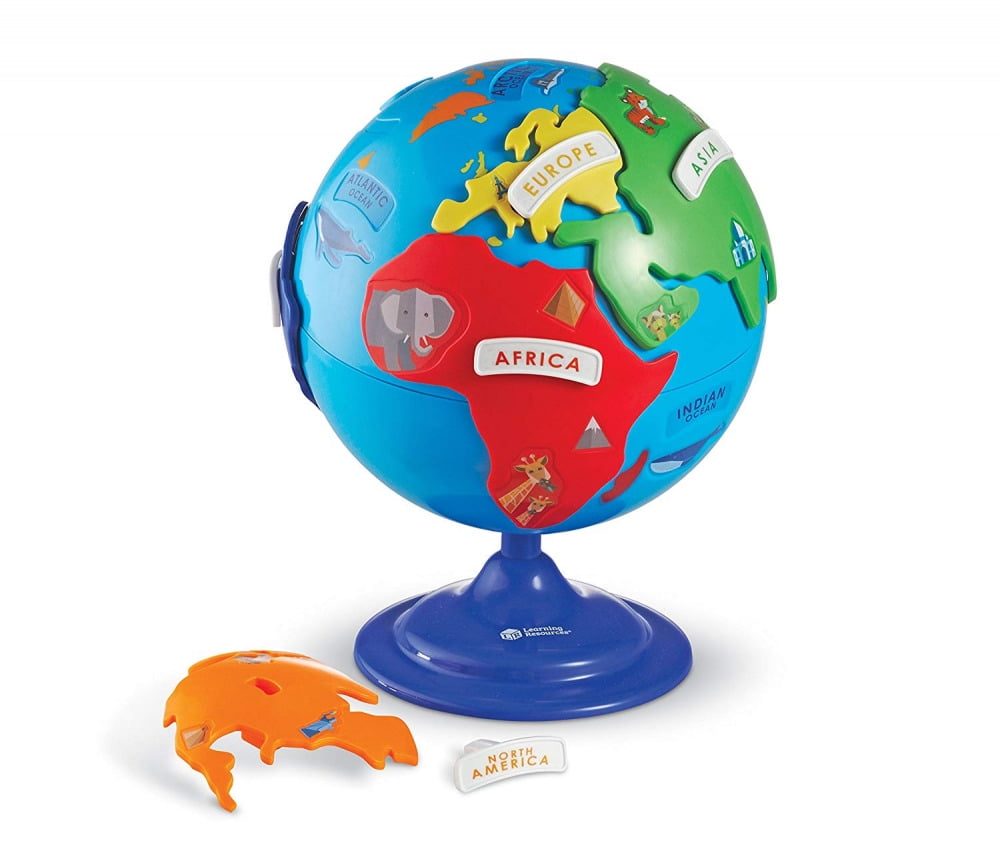

Closure
Thus, we hope this article has provided valuable insights into Navigating the Globe: The Educational Value of World Map Quizzes. We hope you find this article informative and beneficial. See you in our next article!